In a notebook I found of yours, you wrote a poem called The Pure Lover which you crossed out.
The last line, crossed out, is:
Please let me make the fragments meaningful.
.jpg)
Also by David Plante
FICTION
ABC
The Age of Terror
Annunciation
The Accident
The Native
The Catholic
The Woods
The Country
The Family
Figures in Bright Air
The Darkness of the Body
Relatives
Slides
The Ghost of Henry James
NONFICTION American Ghosts
Difficult Women: A Memoir of Three
THE
PURE
LOVER
.jpg)
Prologue
Nikos Stangos died April 16, 2004. We had been loving partners for some forty years. He died of cancerof the lungs, spine, and brain. I was with him when he died, in our bed, after six months of physical and mental deterioration. All the while, I kept a daily diary, but only after his death did I find myself compelled to write down separatelynow no longer a part of daily life but within the sphere of griefthe thoughts and feelings that came to me. Recollections came to me at home, out on a walk, suddenly in a market, waiting in an airport terminal, one after the other, without any order that I was aware of. It was as if all my nearly forty years of life with Nikos contracted into no time, into no place, as if from outside our day-to-day relationship, so a recollection from late in our lives together was followed by one from the very beginning, an event remembered from his last weeks in London followed by one long before, in Greece or Italy. No doubt some inner reckoning of my grief was evolving. These notes seemed to me spontaneous but random, yet I sensed that grief knew more than I did about the evolution of grief, knew something whole while I knew only flashes of the whole.
Perhaps it is a stage in griefs evolution to want to try to put some order in the notes I took, much in the same way there is a stage in grief when the bereaved suddenly wants to put order in his lost lovers clothes, papers, the effects in his desk drawers. Over and over, I arranged and rearranged the notesthe markings of griefs wayand slowly tried for some coherence in time and place.
Do the fragments come together as a whole? I imagine this: an invisible Greek amphora, larger than all the assembled fragments, shaping the larger invisible whole.

Alpha
Grief has griefs own will.
In 1921, inspired by the Great IdeaM^aXi ISsaof reclaiming the Byzantine Empire from the Turks and the Bulgarians, Greece went to war with those two countries, and lost. Accused, six ministers, the former prime minister among them, were lined up in a field outside Athens and shot.
After the defeat of Greece in Turkey and Bulgaria, the Greek, Turkish, and Bulgarian governments agreed to a treaty that stipulated the exchange of populations. Greece expelled Turkish-speaking Muslims to Turkey, and Turkey expelled Orthodox Greeks to Greece. Bulgaria expelled the Greek population. After 1923, refugees from Turkey and Bulgaria formed a fifth of the population of Greece. This was known as the CatastropheKataatpo^.
You told me your father was from an ancient Greek town, originally called Apollonia then changed to Sosopol, Bulgaria, on the Black Sea. Your grandfather owned a fleet of ships and had the biggest house in the town. He sent his sons to be educated abroad, in Berlin and Paris, and your father to MIT in Cambridge, Massachusetts, where he studied engineering and architecture. Your father never returned to Bulgaria, but his father refused to leave Sosopol,
where he had never learned Bulgarian and was known for having shot to death a Bulgarian for looking at one of his daughters. Refusing to leave, you said, he climbed a tree and never came down, which meant he hanged himself. His family was dispersed, some in Salonika, some in Athens, including your father.
You told me your mother was from Constantinople, from an old Greek family who, you believed, had lived there since Byzantine times. She had never been to Greece, which she considered to be Albania, Athens a dusty, provincial town. When forced to leave, her family saved some Turkish rugs and silver. They moved to Athens.
Your mother and father had met as students at Roberts College, in Constantinople, and while your father had been in America, they had courted each other with letters written in English. In Athens, where they married, your parents were part of the mass of refugees disdained by the natives, most of them living in camps, in packed churches, in back alleys. Educated, upper middle class, your parents had enough gold sovereigns from your mothers dowry to sustain them.
Your father managed to get work designing and overseeing the new Athens College, Benaki Hall, in the suburb of Athens called Psychiko, where he and your mother lived, and where you spent your first years.
You were born, November 1936, into a dictatorship, that of Ioannis Metaxas, a deputy minister who, with the support of King George II, had in August 1936 suspended articles of the constitution and imposed martial law to stop a general strike of the Workers Federation, the strike caused by the destitution wrought by the worldwide Depression. Metaxas saw the strike as a Communist threat and its perpetrators as traitors and anti-Christian. Thousands of suspects were arrested, many tortured and condemned to prison. In reaction, the Communist Party grew.
You were an unwanted child, conceived accidentally. Your father wanted your mother to have an abortion, which she refused to have. It was on the day of your birth that the bones of King Constantine, father of King George II, who had died in exile in Palermo, Sicily, ten years before, were returned to Greece. You were born in a clinic, where your mother arrived just in time because of the procession and parades and crowds for the return of the exiled kings bones. You were born on November 21, but your father registered your birth a day late, on November 22.
It was an age of dictatorships. The Italian dictator Benito Mussolini threatened the Greek dictator Metaxas with invasion on October 28, 1940. Metaxas bluntly refused to accept Mussolinis demands, saying Oxi! (No!), and the Italians invaded. The Greek army repulsed the Italians into Albania.
Though the fascist Italians failed to invade and occupy Greece, the Nazi Germans succeeded. As there was no penicillin, the dictator Metaxa died of tonsillitis. The prime minister who succeeded him committed suicide. The king and what was left of the government sought refuge in Cairo, Egypt, but the Egyptian government refused to allow the Greek king to stay. The British offered him refuge in London.
The last rearguard action by the Greek army against the Germans was at Thermopylae.
On April 27, 1941, the Germans entered Athens through empty streets.
You were four and a half years old.
In the Psychiko suburb of Athens, the large neoclassical building of Athens College, Benaki Hall, which your father had designed and where the elite of Greek young men were taught, was taken over by the Germans and made into a hospital for their own use.
Street names were changed from Greek into German or Italian.
The Germans commandeered all produce, and famine spread among the people. In Athens alone, more than one hundred thousand died of starvation.
Each morning, trucks collected corpses to take them to the outskirts of Athens, where they were unloaded into pits. When lack of fuel almost stopped this collection, decaying bodies were piled on street corners. Skeletal children watched over dead parents.
Next page
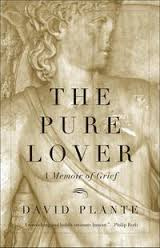
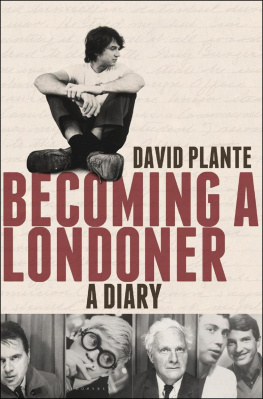


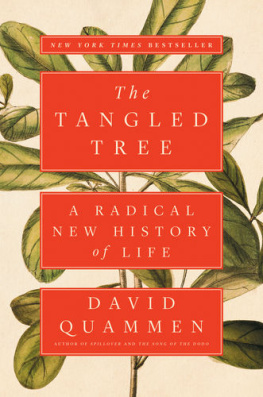



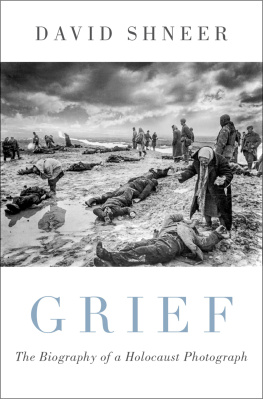
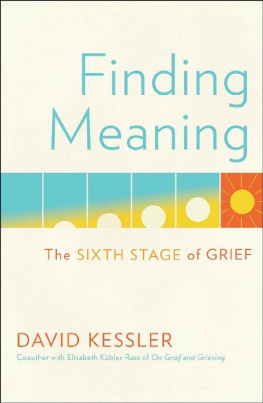

.jpg)
.jpg)
